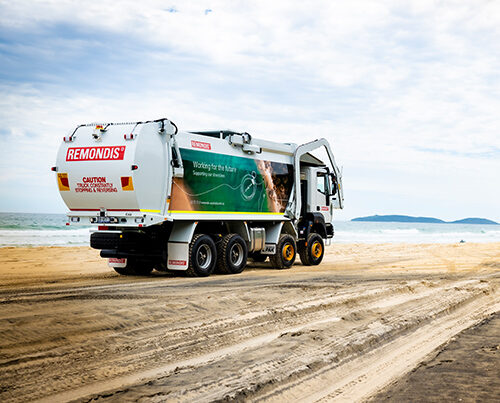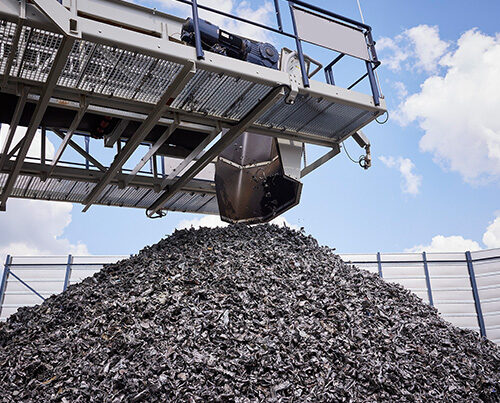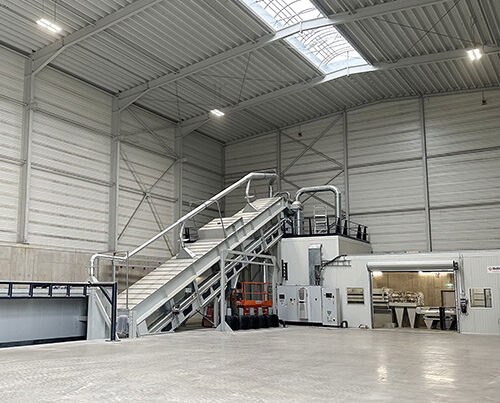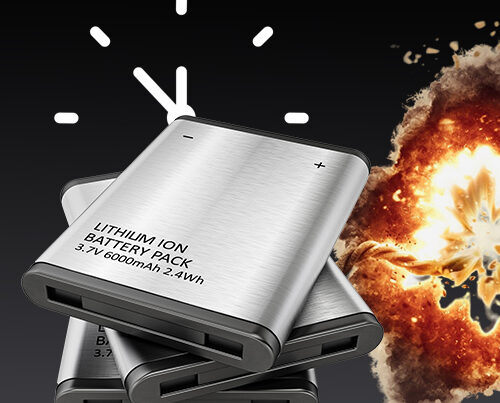Paint, varnish, batteries and more accepted
Households are full of hazardous waste. If these materials are thrown away incorrectly, they can put the whole family at risk. REMONDIS has a special Safety Truck that enables potentially hazardous materials, such as paint, varnish, batteries and chemicals, to be collected quickly and safely. Many local authorities – including the District of Ravensburg – have been impressed by REMONDIS’ special vehicle and the convenient collection service it can provide. Werner Nitz, head of waste management in the District of Ravensburg, explains why.

Werner Nitz, Head of Waste Management in the District of Ravensburg
Mr Nitz, the District of Ravensburg has been collaborating with REMONDIS Industrie Service in the area of hazmat collections for a while now. What services are being delivered here?
Werner Nitz: A total of 65 mobile collection points are organised close to households across the district once a year to enable local inhabitants to get rid of their hazardous waste. In 2018, we decided to make this service even more convenient for our residents by offering two different dates – one in the spring and one in the autumn. In January 2019, we then added a further alternative: residents can now hand in their hazardous waste to recycling centres, such as the Ravensburg-Gutenfurt centre, on a Friday afternoon.
Do you have any particular expectations when it comes to this service?
Werner Nitz: We expect the staff accepting the materials to be competent and polite.
What has the reaction of your local residents been to this mobile hazardous waste collection service?
Werner Nitz: This service has proven to be very popular indeed, especially the fixed monthly collection point that we have been offering since January 2019.
“All in all, we were able to increase the amount collected across the district to 154 tonnes in 2017. This figure lay at just 130 tonnes in 2016.”
Werner Nitz, Head of Waste Management in the District of Ravensburg
What are the collection rates of hazardous materials like in the District of Ravensburg?
Werner Nitz: All in all, we were able to increase the amount collected across the district to 154t in 2017. This figure lay at just 130t in 2016. However, with our average volume lying at 0.54kg per inhabitant, we are still below the average rate achieved by Baden-Württemberg, which lies at 0.75kg per resident per year.
Do you think this mobile hazmat service will help you to conserve more resources and protect the environment?
Werner Nitz: Yes, I do. By offering such a wide range of dates and collection points close to people’s homes right across the district, I believe that our local residents will hand in these hazardous materials rather than throw them into the residual waste bin, which is, of course, not permitted.
What recommendations would you give other district authorities looking to set up efficient hazmat collection services?
Werner Nitz: We believe that the most efficient way to collect these materials is to have a combination of mobile collection points and one fixed day a month when the hazardous waste can be handed in to a household recycling centre. It is also the most convenient system for the residents.
Image credits: images 1–2: © REMONDIS












